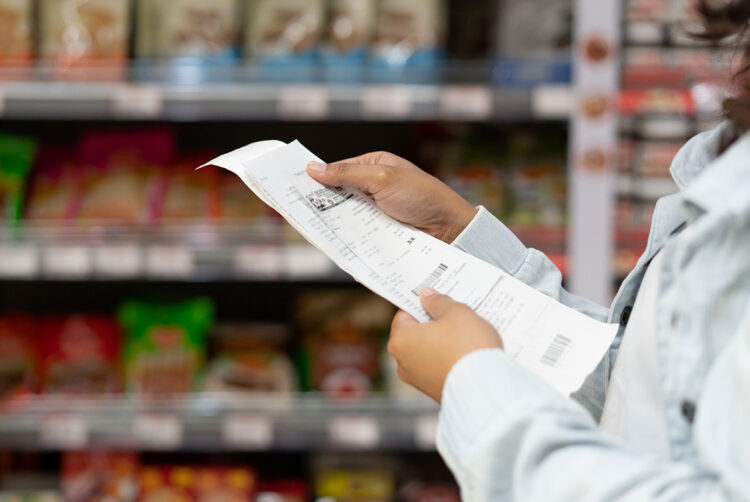Focus on value pivotal for brands as consumers get more cost-conscious

More British consumers are struggling to cope on their income compared with before the pandemic, according to latest IPA TouchPoints data.
In the survey, 38% of British consumers agreed they are “not coping on their current income”. While this was flat year on year, it had increased by 17% compared with pre-lockdown 2020 figures.
This feeling is reflected in wider consumer behaviour, with the data revealing that 55% said they will “gladly switch brands” to make use of a coupon — up 52.9% year on year and 18% on pre-lockdown figures.
A third of consumers (34.7%) often compared online prices of products they are looking to purchase in store. This figure was 6% higher than 2023 and 28.3% higher than pre-pandemic.
Shopping around
A high proportion (43.1%) have continued to go to a range of supermarkets and shops for their weekly grocery purchase — a marginal rise from 42.7% in 2023, but a significant jump from 37.5% in 2020.
Perhaps unsurprisingly, visits to hospitality venues have also gone down — there was a 6% drop in weekly trips to pubs and bars and a 14% fall for restaurants.
Highlighting increasing consumer cost-consciousness, Belinda Beeftink, IPA’s director of media research, said that while inflation in the UK may have come down, prices “have not followed suit”. She observed that the Bank of England had said “most things still cost more than they did before”.
Beeftink commented: “As we see from the data, many consumers are still struggling on their current income and, as a result of the strain on their purse strings, are having to make considered cost-based purchasing choices.
“A focus on value for money and rewarding loyalty may therefore prove vital for brands and their agencies in terms of their communication with their customers in these ongoing tough economic times.“
Analysis: Price and convenience not only factors
Adam Foley, CEO at Bountiful Cow, has observed an increase in cost-consciousness, combined with a growing range of choices available — and these trends inform media agencies’ work.
He explained: “For the last 18 months at least, the starting position for any planner has had to be that pretty much everyone we are communicating to has less money. When you add that to the fact that most consumers increasingly have too much choice in almost every category, the risk brands face is taking a smaller share of a shrinking wallet.”
Foley advised brands to “beware of discounting too hard” to stay on the shopping list. However, he added: “While price and convenience will always be the strongest factors in consumer decision, strong brands that come to mind quickly as the prominent or even obvious choice will be better-placed to weather the storm and protect their margin.”
Brands need to be sensitive
Kim Lambert, group insight director at UM, told The Media Leader that this “unfortunate trend” had been mirrored in its Money Talks study with Campaign Against Living Miserably and MoneySuperMarket that explored the social dynamics between finances and mental health.
The research found that the cost-of-living crisis is “not only being felt in our wallets but also in the nation’s mental health”, with people experiencing low mood (41%) and feelings of reduced self-worth or inadequacy (23% and 22% respectively).
Lambert said: “We know from our research that brands need to do more: only 12% of the UK agreed that brands are doing enough to ease consumers’ concerns over the cost-of-living crisis.
“This is a time for brands to help consumers by showing them how their product or service adds value to their lives and by communicating how they’re helping to make a difference. If done right, it’s not seen as being exploitative but rather as being sensitive to the times people are living through.”
Brands should ‘stand up’ for consumers in cost-of-living crisis




